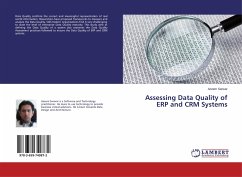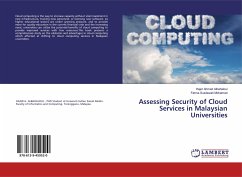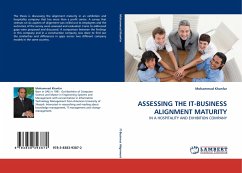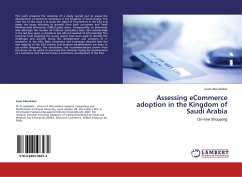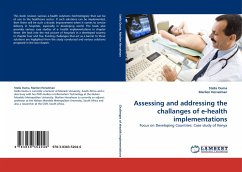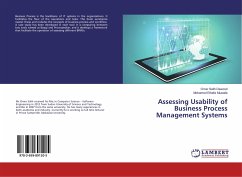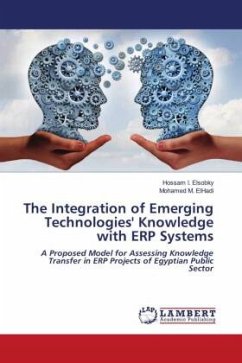
The Integration of Emerging Technologies' Knowledge with ERP Systems
A Proposed Model for Assessing Knowledge Transfer in ERP Projects of Egyptian Public Sector
Versandkostenfrei!
Versandfertig in 6-10 Tagen
56,99 €
inkl. MwSt.

PAYBACK Punkte
28 °P sammeln!
For a long time, knowledge transfer (KT) has been recognized as one of the key success factors of the implementation projects, and its ignorance is the reason for the high ERP implementation failure rate. No unified model exists for assessing KT in ERP implementation projects to suit the Egyptian public sector enterprises. Thus, this work describes the current ERP implementations of the Egyptian petroleum public sector, assesses its related KT, and identifies any gaps.IT also Examines and identifies the standards and factors needed for building a knowledge transfer model in ERP implementation ...
For a long time, knowledge transfer (KT) has been recognized as one of the key success factors of the implementation projects, and its ignorance is the reason for the high ERP implementation failure rate. No unified model exists for assessing KT in ERP implementation projects to suit the Egyptian public sector enterprises. Thus, this work describes the current ERP implementations of the Egyptian petroleum public sector, assesses its related KT, and identifies any gaps.IT also Examines and identifies the standards and factors needed for building a knowledge transfer model in ERP implementation projects for the Egyptian petroleum public sector. Then incorporates the knowledge transfer perspective, in addition to the existing IT implementation, and develops a new conceptual model based on the integration of updated technologies' knowledge during ERP implementation projects within the Egyptian petroleum public sector enterprises. And finally, validates the proposed conceptual model'sapplicability by applying simulation.



